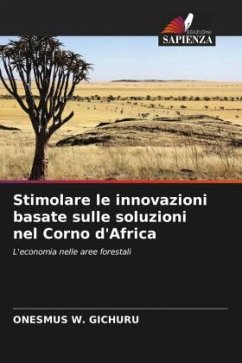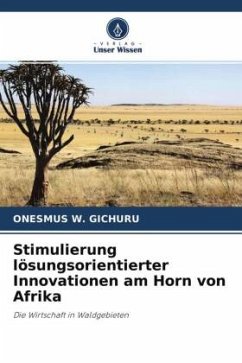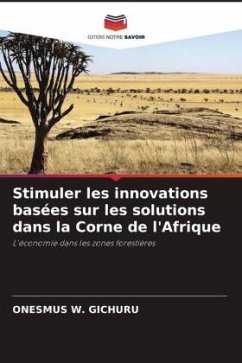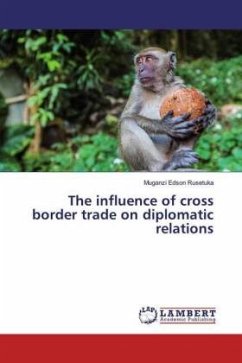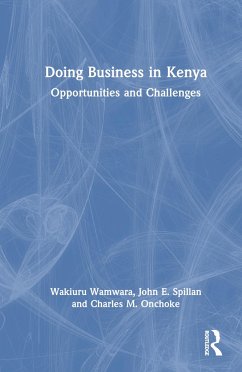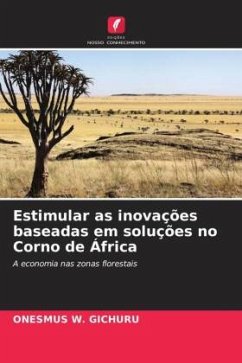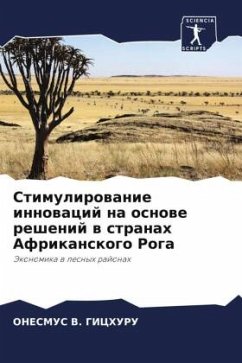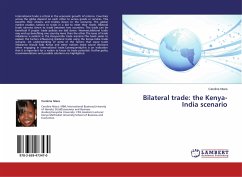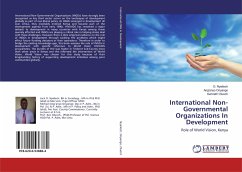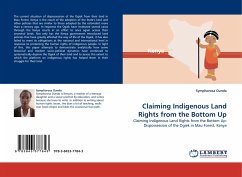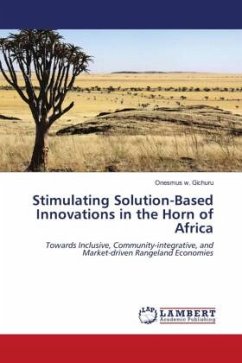
Stimulating Solution-Based Innovations in the Horn of Africa
Towards Inclusive, Community-integrative, and Market-driven Rangeland Economies
Versandkostenfrei!
Versandfertig in 6-10 Tagen
29,99 €
inkl. MwSt.

PAYBACK Punkte
15 °P sammeln!
The Horn of Africa's agropastoralist rangeland systems are on the verge of collapse as a result of climate change, endangering indigenous communities' ability to safeguard their livelihoods, secure collective land tenure, and safeguard their sociocultural identities and ecological connections from alien interference. The purpose of this compendium is to highlight the region's fundamental political, ecological, economic, and cultural components by identifying key patterns of social differentiation and interaction, the accumulation of economic, social, and symbolic capital, as well as conflict l...
The Horn of Africa's agropastoralist rangeland systems are on the verge of collapse as a result of climate change, endangering indigenous communities' ability to safeguard their livelihoods, secure collective land tenure, and safeguard their sociocultural identities and ecological connections from alien interference. The purpose of this compendium is to highlight the region's fundamental political, ecological, economic, and cultural components by identifying key patterns of social differentiation and interaction, the accumulation of economic, social, and symbolic capital, as well as conflict lines and strategies.The book outlines innovative and solution-oriented strategies for establishing inclusive, community-integrated, and market-driven rangeland economies, including the following: Establishing and strengthening inclusive agricultural systems that are profitable (market-oriented) and productive (accounting for the ratio of agropastoral outputs (milk and meat products, hide andskin, fodder, honey, craft, etc.) to inputs, appropriate training, capital investment, networks), particularly for small-scale small-scale producers and SMEs; and increased entrepreneurship and employment.



